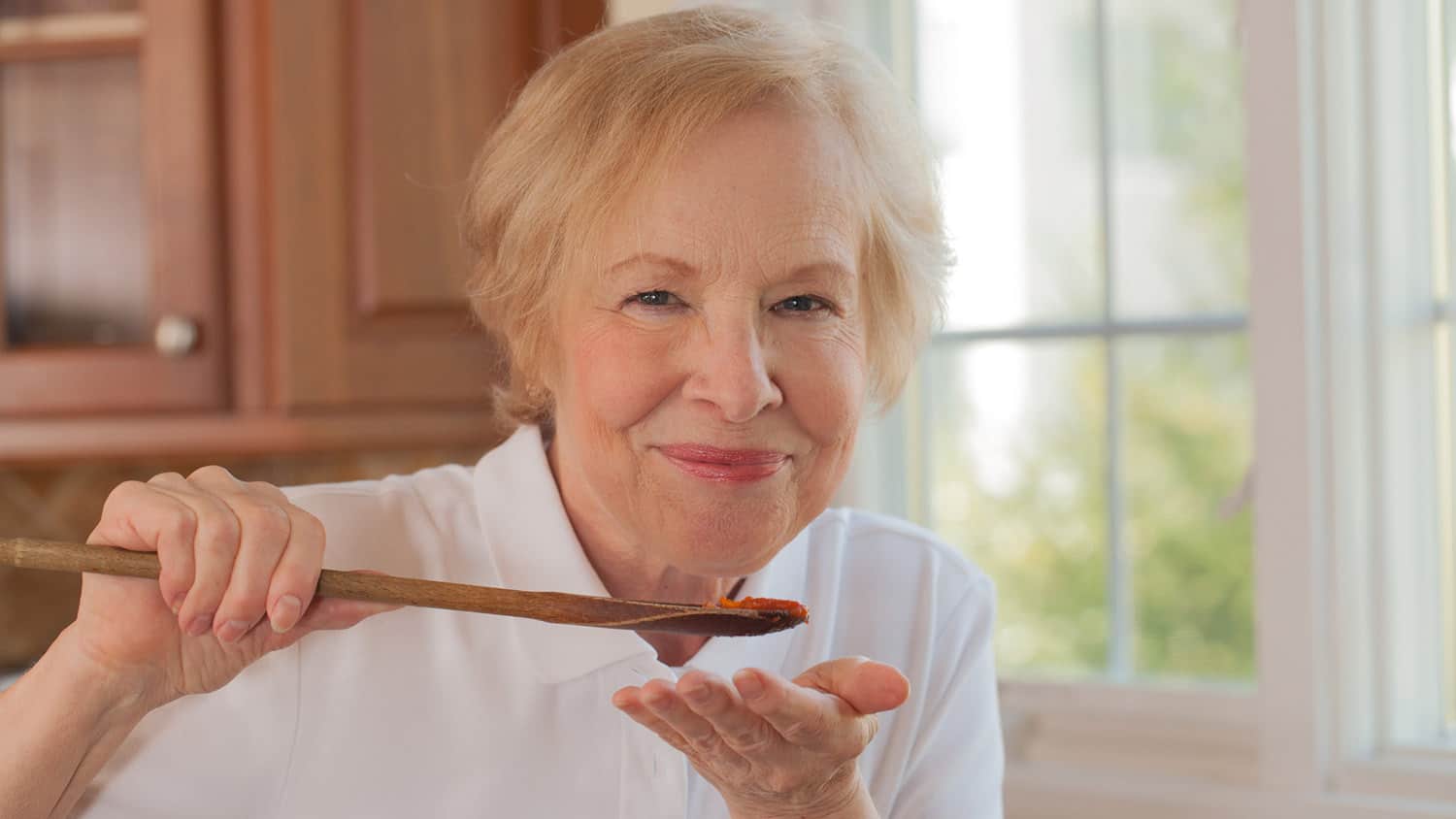
Now More Than Ever Becoming Your Own Health Advocate Is Essential
Healthcare staffing is experiencing a pandemic of its own. Hospitals and long-term care are understaffed, and people continue to resign as they look for new career options. With uncertainty in healthcare, the patient experience suffers, and people often fall through the cracks.
That is especially true for older people and also why it is more important than ever to learn how to advocate for your healthcare.
Why It’s More Important Today
Many people delayed healthcare during Covid, and now that things are easing up, there is an uptick in people seeking care. Combine that with historical staffing lows and you can see the dilemma. Often providers are rushed and care can suffer.
In the U.S., Obamacare has withstood the challenges and has led to more people being insured and therefore utilizing the healthcare system. That is generally a good thing.
On the other hand, the removal of a mandate to buy insurance can lead to misuse of the health system, for example, using the emergency department as a primary care office. When that happens, the patient experience deteriorates too.
Where Do You Start?
Realize thereare two aspects to our healthcare – the care itself and the cost of care. Let’s start with the first.
Advocating boils down to doing the research, asking the questions, getting second opinions, and asking for more information when something seems askew.
Your most important job is choosing a provider. We take time to research a car purchase, a house purchase, even our smartphone purchase, but how much research do we put into finding a healthcare professional?
Many often choose because the provider is nearby; or they’ve heard the physician was nice (not necessarily competent); or simply they have no choice because the doctor is in the network.
I picked my physician by witnessing how he took care of my mom. You may not have the opportunity that I did to witness the care. If you don’t, consider that some providers set aside times to be interviewed by prospective patients. The fact that a provider does that should clue you in that perhaps he or she is a good listener too.
Go to sites like Health Grades to see how a physician is rated.
When calling the office, find out the usual things – are they accepting new patients; do they accept your insurance, hours, availability online and after hours.
Is the physician board-certified?
Ask about their philosophy of care – are they aggressive in ordering tests, prescribing? Are they about prevention or more about treatment?
Investigate whether they have any legal or disciplinary actions pending. These sites can be helpful: Administrators in Medicine; the American Board of Medical Specialties; the American Medical Association.
Become a Better Advocate
Once you have a provider, it’s time to become a better advocate. It is important that each visit has meaning. Most of my visits are routine. However, when mom was alive, they were not because of her advancing age and multiple conditions.
That is when it’s important to have someone else at the visit. While that person can be a family caregiver, it could also be a friend who is a nurse. A second set of eyes and ears is important to document things and to ask questions.
And keep in mind that research has shown that just one in three physicians listens to caregiver input and just one in six inquire about the caregiver’s health. These are important indicators for knowing when you have found a good physician.
Getting second and third opinions on serious matters are appropriate. Don’t worry about offending your physician’s ego. Most of all, trust your gut. If something does not feel right, if you are not comfortable with a treatment plan, or if you feel you have been mistreated or diagnosed – get other opinions. Consensus is always better.
Become More Knowledgeable About Insurance and Pricing
Just as important as your choice of physicians is your choice of health plans. The field is narrowing, and we have less choice. Individuals buying in my home state of North Carolina have just one option. Still, we need to know what we are buying. Often, we shrug and resign ourselves that we have no control over price. Or we just assume insurance will pay – so why question?
With high deductible health plans, unless something is seriously wrong, most of the cost of care comes out of your pocket. The lower premium you pay comes with a cost! You need to know how much of the care is covered and what is covered after meeting your deductible.
That is when it is prudent to shop. A doctor may order a CT scan through the hospital that could cost $1,000 when a freestanding CT center across the street may cost only $299.
Use Technology
There are apps for various aspects of being an empowered patient. But no one is perfect. Keep in mind that often they are not private, and most apps do not help you track or manage your health. Most only provide reference information.
By some estimates, there are 40,000 apps on the app store. Take a few apps for a test drive. Ask for recommendations. Look for health apps sponsored or created by established health advocacy groups, medical organizations, or universities. Read reviews at MedicalApps.
When to Call in Professionals
One problem with being a patient or caregiver is that we are often sick or exhausted – so we don’t make important decisions with the same clarity we otherwise would. That is when a patient advocate can guide you through the healthcare maze.
And for older people, a geriatric care manager can manage both your clinical navigation and all of the other logistical and social determinants of care that impact health. One site to check out is http://everypatientsadvocate.com/
What have you found effective in advocating for your health or that of a loved one? How difficult has it been to shop around for insurance and to find a healthcare provider who actually cares about your health? Let us know.
Tags Healthy Aging






